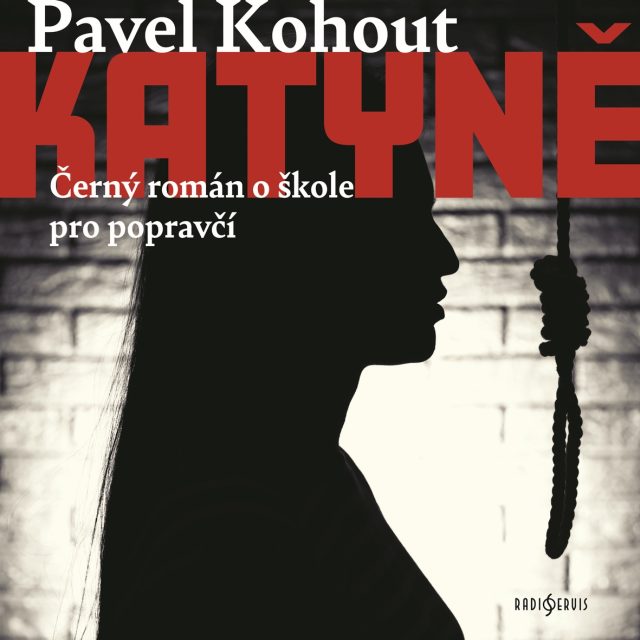Zdeněk Fibich
* 21 December 1850 Všebořice† 15 October 1900 Prague
Along with Bedřich Smetana and Antonín Dvořák, Zdeněk Fibich rounds out the trio of Czech composers of the second half of the 19th century whose importance goes beyond the borders of Czech culture. A romantic to his very core, Fibich is a master both of the musical miniature and of the huge monumental fresco, his works reflecting the extraordinary homogeneity of his talent for drama and music.
He scored major successes in all genres of music including opera, symphonic poem, symphony, overture, song and chamber and piano works. He renewed and enriched the Czech repertoire with the concert melodrama, in which particularly as regards its structural aspect, he went beyond the German Romantics, developing it into a fully through-composed unity. His trilogy of staged melodramas Hippodamia (The Courtship of Pelops, The Atonement of Tantalus, The Death of Hippodamia) on a libretto by Jaroslav Vrchlický represents an absolutely unique creation. Another one of a kind work in the world’s musical literature is his 376-piece piano cycle called Moods, Impressions and Reminiscences.
Fibich was born and grew up in a gamekeeper’s lodge on the Count of Auersperg’s estate, where his father and grandfather were forestry officials. His family was related to noted musicians Alexander and Raimund Dreyschock, and his mother was the daughter of the Viennese factory owner Anton Römisch. Fibich received an excellent education, studying at the gymnasia in Vienna and Prague. He supplemented his professional studies at the conservatory in Leipzig with a year-long stay in Paris and then in Mannheim. He returned home in his twenties with an education such as few in his time could boast.
In 1871 his family moved to Prague, and the young composer entered the world of music with his first opera, Bukovín. A short stay in Vilnius in Lithuania brought tragedy to his family life, and he then settled permanently in Prague. After her younger sister died, opera soloist Betty Hanušová became his second wife and introduced him to cultural life. Fibich made his mark as a composer, performer and organizer. His opera Blaník received honorable mention in the competition for the best historical opera when the National Theater was opened.
The mounting lyricism in his work reached its high point in the piano cycle From the Mountains (1887), which is a response to his yearly visits to the Alps. A love of nature was also in Fibich’s case connected to serious scientific studies: he collected butterflies and took a professional interest in geology and geography. Among the best of the works he produced during the 1880s is the opera The Bride of Messina, which won a competition for the best serious opera for the re-opening of the National Theater. In the early 1890s he enjoyed great success with his trilogy of the Hippodamia melodramas, which had their premiere in the National Theater from 16 to 18 February 1893. The first part, The Courtship of Pelops, had been performed successfully by the National Theater in 1892 on a tour to Vienna, where it was pronounced the greatest contribution to world theater.
The final decade of Fibrich’s life is the richest in major works. Fibich had come to terms with the principles of modern musical drama and had developed a new musical expressiveness, which placed the highest value on melodic invention. Mid-1892 marked the beginning of the cycle of 376 piano miniatures called Moods, Impressions and Reminiscences, which represents a musical journal of his relations with Anežka Schulzová, the librettist of his last three operas, the most popular of which is Šárka. Reminiscence No. 139 op. 41 was to have a destiny all its own and carry Fibich’s name all around the world. It was made famous by violinist Jan Kubelík in his arrangement for violin and piano under the name Poem.
The two-part opera The Fall of Arkun and the piano cycle Painter Studies signal a new stage of creativity, in which Fibich composed musical artist paintings, thus paying homage to his lifelong study of the visual arts. That work also represents the last composition Fibich finished. He did not live to see the premiere of The Fall of Arkun. He died suddenly at only fifty years of age and is buried in the Vyšehrad cemetery in Prague.
Author: Věra Šustíková
Autorka: Věra Šustíková
E-shop Českého rozhlasu
Kdo jste vy? Klára, nebo učitel?
Tereza Kostková, moderátorka ČRo Dvojka


Jak Klára obrátila všechno vzhůru nohama
Knížka režiséra a herce Jakuba Nvoty v překladu Terezy Kostkové předkládá malým i velkým čtenářům dialogy malé Kláry a učitele o světě, který se dá vnímat docela jinak, než jak se píše v učebnicích.




